BrainOmics 2.0
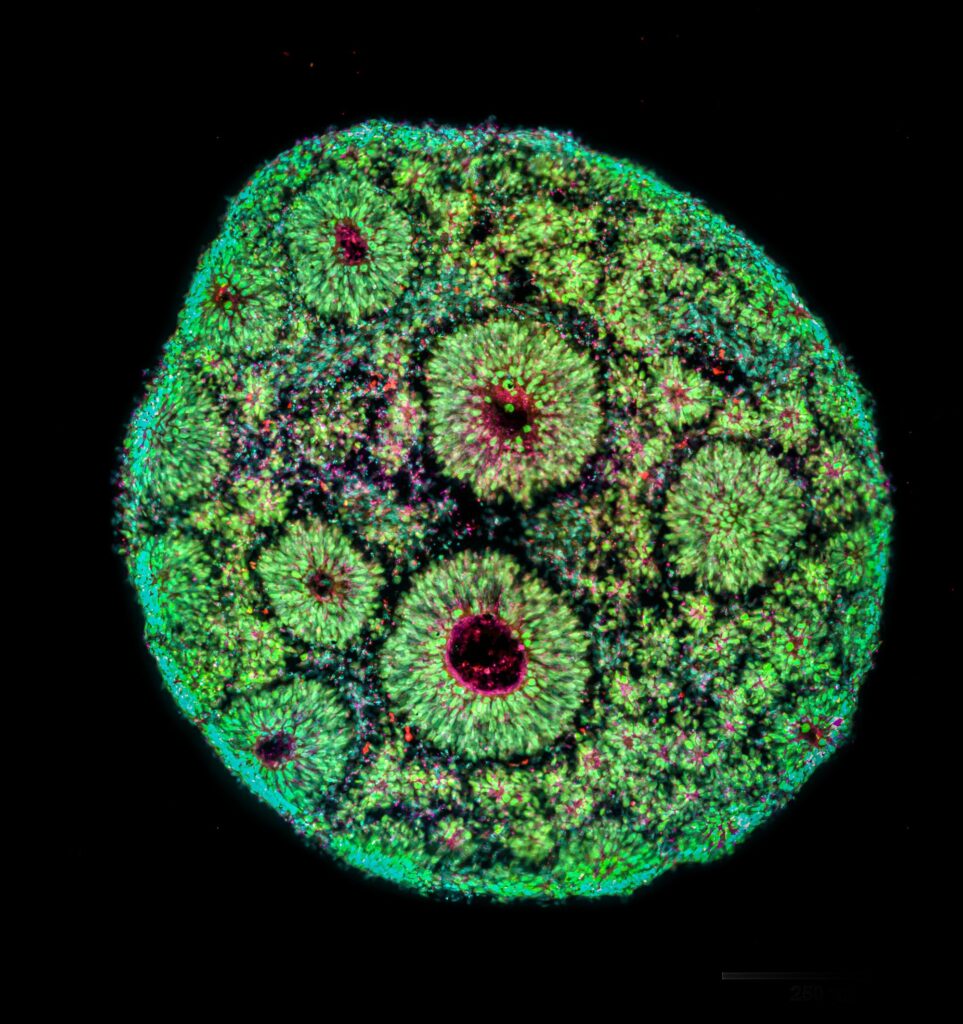

Computational approaches to single-cell multi-omics in neuroscience
Category: Course / Workshop
Location: Human Technopole, Milan - In presence
Registration Deadline: 15/09/2024
Date: 18/11/2024 - 22/11/2024
Fee: 700 € (Academic), 1500 € (Industry)
Target Audience: The course is open to up to 20 scientists. Participants are expected to be mostly bioinformaticians and computational biologists with expertise or interest in neurobiology and (at least) a basic knowledge of omics techniques. The fee includes all costs related to the on-site activities (including a workstation for each participant), and meals.
BrainOmics 2.0 represents a unique interdisciplinary hands-on course on single-cell multi-omics computational analysis with a focus on the brain and its disorders and builds on the experience of the 2022 edition, with the addition of integrative sessions on functional genomics.
Single-cell omics technologies are breaking new ground in neurobiology by substantially increasing the precision and resolution with which the complex cell populations of the nervous system can be characterised. Approaches that profile several layers of information (genome, epigenome, transcriptome, proteome, spatial location) allow to generate data of unprecedented depth on the molecular state of the diversity of cells composing the nervous system.
This increase in data volume and complexity generates as many opportunities as new analytical challenges.
This compact course aims at empowering participants in mastering key computational tools for the analysis of single-cell omics datasets, starting from individual molecular layers to then tackle their integration, alongside providing a theoretical overview of the impact of these technologies at the leading edge of neurobiology.
Target audience
This course is aimed at bioinformaticians and computational biologists with expertise or interest in neurobiology and (at least) a basic knowledge of omics techniques.
The core of the course will be centred around hands-on data analysis sessions. A basic understanding of Unix command line, Python and/or R is required. Previous experience with single-cell analytical workflows will be considered as an added value to harness the most from the course training sessions.
HT Scientific Organisers
-
 Piero Carninci
Piero Carninci
Head of Genomics Research Centre – Functional Genomics, HT -
 Cristina Cheroni
Cristina Cheroni
Senior Manager - Cell Reference Brain Atlas Scientific Service Unit, Neurogenomics, HT -
 Ivano Legnini
Ivano Legnini
Research Group Leader, Functional Genomics, HT -
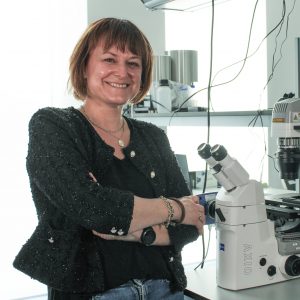 Elena Taverna
Elena Taverna
Research Group Leader, Neurogenomics, HT -
 Giuseppe Testa
Giuseppe Testa
Head of Neurogenomics, HT
Speakers & Instructors
-
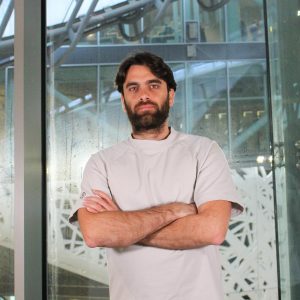 Nicolò Caporale
Nicolò Caporale
Postdoctoral Associate, Neurogenomics, HT - Instructor -
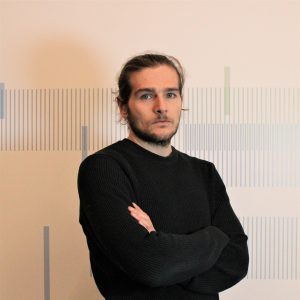 Davide Castaldi
Davide Castaldi
Postdoc Fellow, Neurogenomics, HT - Instructor -
 Cristina Cheroni
Cristina Cheroni
Senior Manager - Cell Reference Brain Atlas Scientific Service Unit, Neurogenomics, HT - Organiser & Instructor -
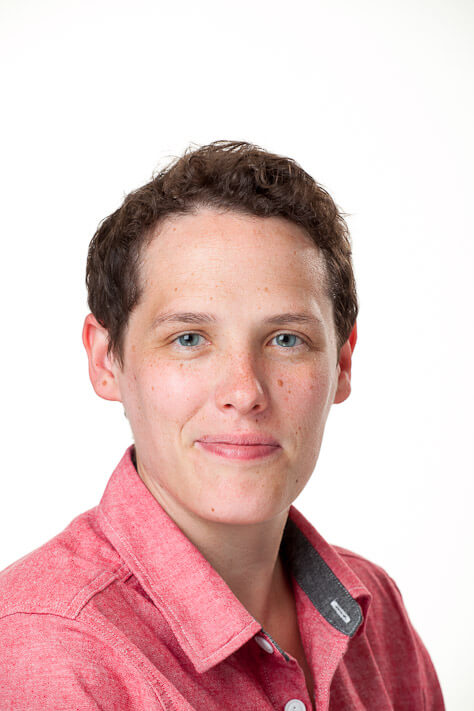 Rebecca Hodge
Rebecca Hodge
Assistant Investigator, Allen Institute for Brain Science (US) - Speaker -
 Chung Chau Hon
Chung Chau Hon
Group Leader, RIKEN Centre for Integrative Medical Sciences (JP) – Speaker + Instructor -
 Joshua Levin
Joshua Levin
Group Leader, Broad Institute of MIT & Harvard (US) - Speaker -
 Chong Li
Chong Li
Group leader, Chinese Institute for Brain Research (CN) – Speaker & Instructor -
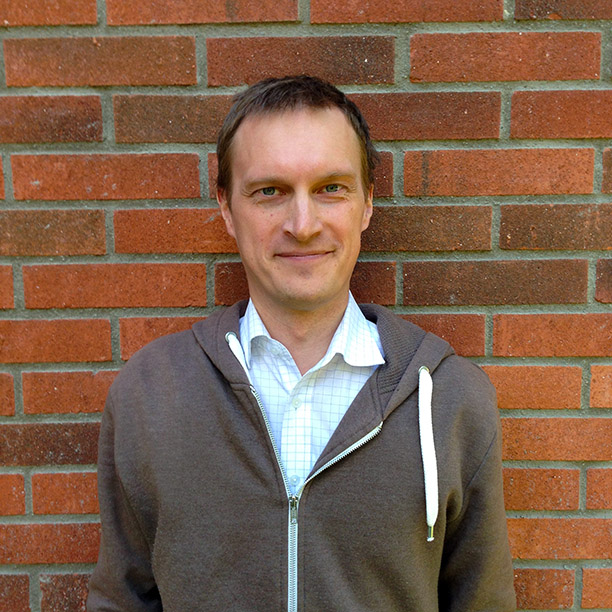 Sten Linnarsson
Sten Linnarsson
Professor, Karolinska Institutes (SE) - Speaker -
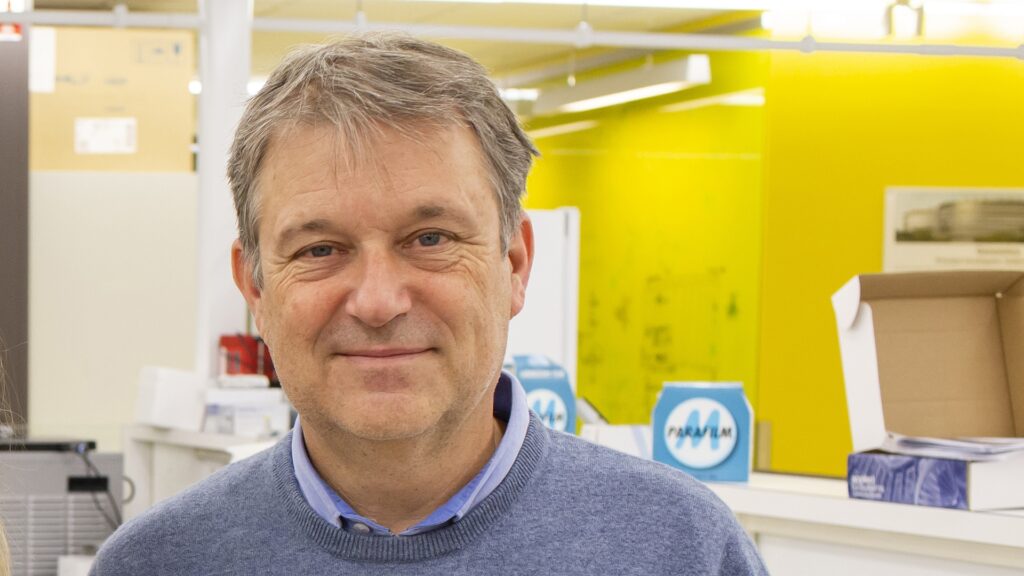 Joakim Lundeberg
Joakim Lundeberg
Professor, SciLifeLab (SE) – Speaker -
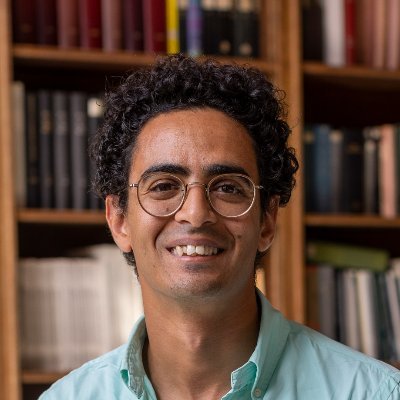 Ahmed Mahfouz
Ahmed Mahfouz
Associate Professor, Leiden University Medical Center (NL) – Speaker & Instructor -
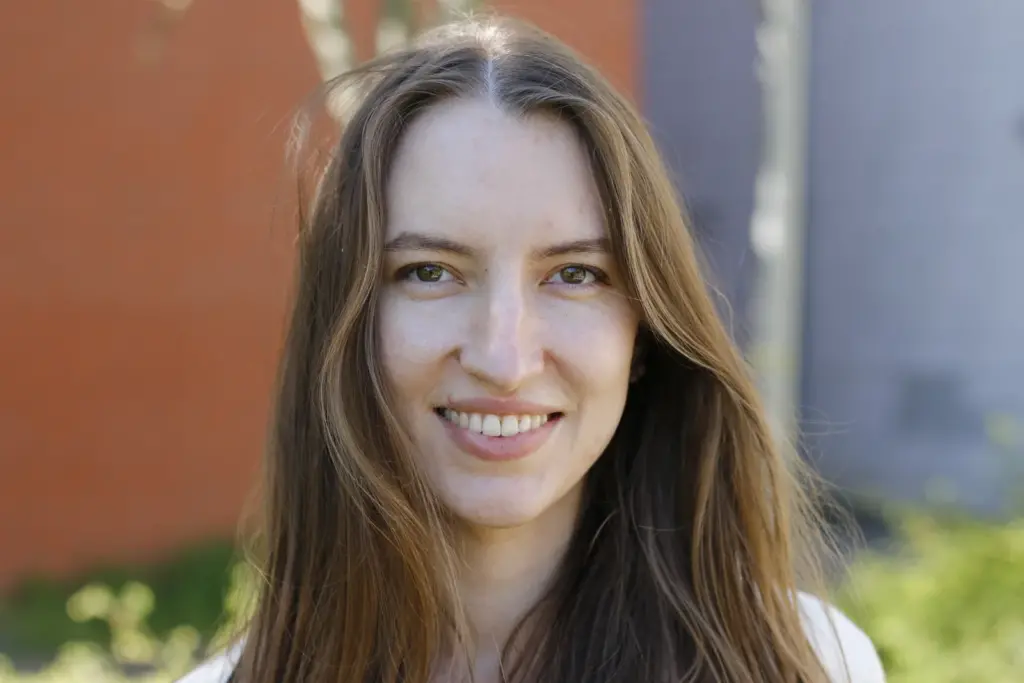 Valeriya Malysheva
Valeriya Malysheva
Group Leader, VIB-UAntwerp Center for Molecular Neurology (BE) - Speaker -
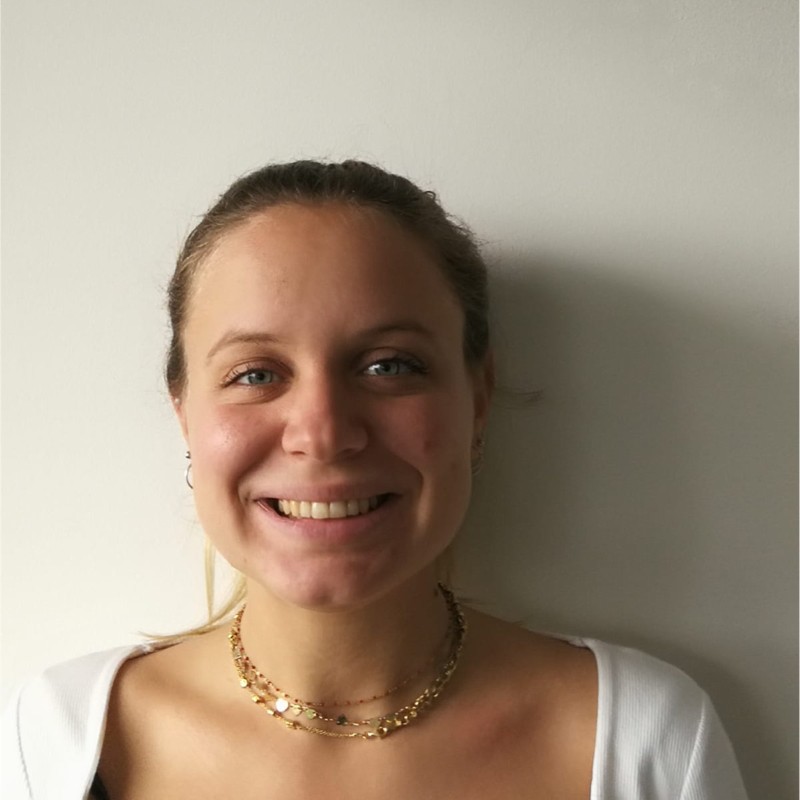 Benedetta Manzato
Benedetta Manzato
PhD Student, Leiden University Medical Center (NL) - Instructor -
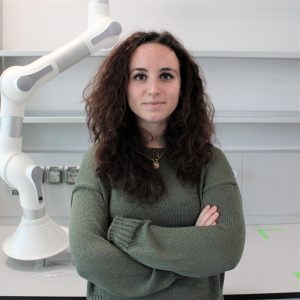 Gaja Matassa
Gaja Matassa
Affiliate PhD Student, HT - Instructor -
 Jonathan Moody
Jonathan Moody
Postdoc, RIKEN Centre for Integrative Medical Sciences (JP) - Instructor -
 Nikolaus Rajewsky
Nikolaus Rajewsky
Scientific Director, Berlin Institute for Medical Systems Biology, and Group Leader, Max Delbrück Center for Molecular Medicine (DE) – Speaker -
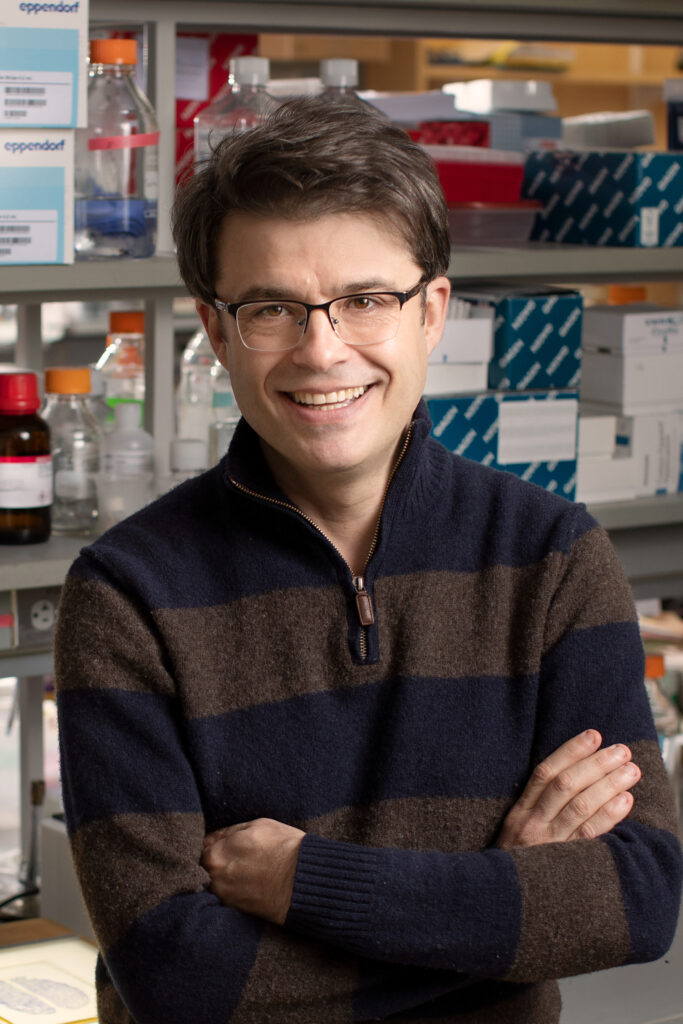 Nenad Sestan
Nenad Sestan
Professor & Executive Director of the Genome Editing Center, Yale School of Medicine (US) - Speaker -
 Genevieve Lauren Stein-O’Brien
Genevieve Lauren Stein-O’Brien
Assistant Professor, Johns Hopkins University - School of Medicine (US) - Speaker -
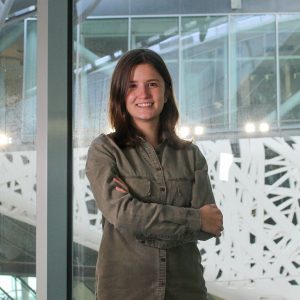 Alessia Valenti
Alessia Valenti
PhD Student, HT - Instructor -
 Emanuele Villa
Emanuele Villa
Senior Staff Scientist, HT - Instructor -
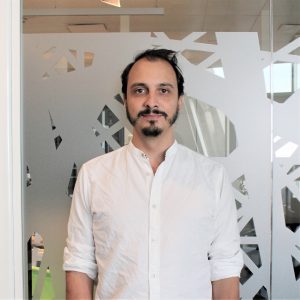 Alessandro Vitriolo
Alessandro Vitriolo
Affiliate Scientist, HT - Instructor
Main Topics
Lectures: impact of multimodal approaches on neurobiology research; spatial transcriptomics; single-cell omics; long non-coding RNAs; innovative computational approaches for multi-omics data analysis; integrative biology; spatial transcriptomics approaches in neuroscience; CRISPR-based approaches for perturbation experiments.
Computational hand-on sessions: key steps and troubleshooting in the analysis of single-cell transcriptomics data; advanced computational approaches to single-cell RNA-seq data; analysis of spatial transcriptomics data; analytical workflow for single cell ATACSeq and multi-omics data integration; analytical approaches to CRISPR perturbation data.
Fees include
- Participation in all lectures, practical sessions, tutorials, and seminars
- Personal working station
- All meals provided during the course, including dinners if scheduled in the programme
- Onsite transport
Fees do not include accommodation and travel.
Courses and conferences are supported by institutional and external funding; sponsorships are welcome. Become a sponsor here!
Image credits: Aurelio Ortale, Oliviero Leonardi (Testa Group, HT)